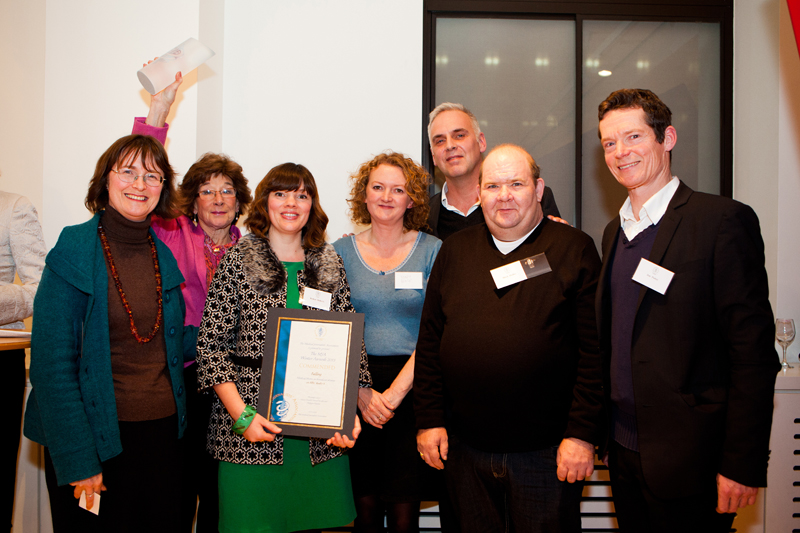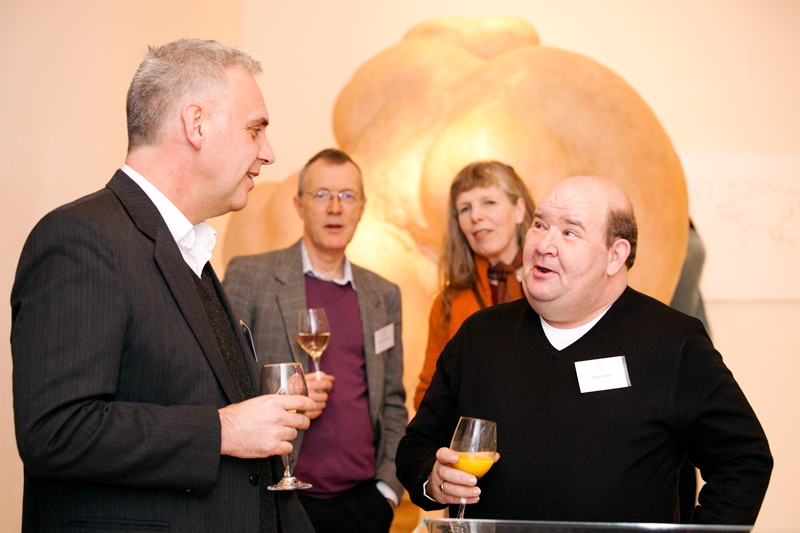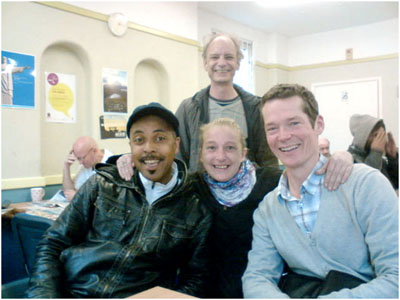I have just been reading John Lanchester’s great article ‘You Are the Product’ in the London Review of Books, 17 August 2017. I highly recommend it. If you can’t get it, here are some of the details that I really wanted to ‘share’.
Facebook is HUGE. It has just passed 2 billion active monthly users across the globe. Facebook also owns WhatsApp, Messenger and Instagram, three of the four next most used Internet services. Its main rival, Alphabet, formerly Google, has 1.5 billion monthly users. They own YouTube.
Facebook’s new mission is to ‘give people the power to build community and bring the world closer together.’ But this mission is almost completely contrary to its real interest and purpose. Its business is advertising. It uses unprecedented surveillance of each of our histories to sell targeted advertising. Doing this has made it worth £445 billion, and it makes billions each year. Its success has been to join up with ‘consumer credit agencies’ and our phone records, to track our every move, for the benefit of paying advertisers. Facebook’s business is based on surveillance. The one time it polled its users about the surveillance model was in 2011, when it proposed a change to its terms and conditions. This is the change that underpins the current template for its use of data. The result of the poll was clear: 90% of the vote was against the changes. Facebook went ahead and made them anyway.
Facebook is a business that exploits our desire to compare and copy. It’s a pretty bleak place. This goes right back to Mark Zuckerberg’s first impulse to create it, when he suffered a romantic rebuff, and sought revenge and control. A number of studies have shown that Facebook causes unhappiness. Its use is linked to envy and depression. In effect, people are swapping real relationships, which make them feel good, for time on Facebook, which makes them feel bad.
The Facebook button tracks every Facebook user, whether they click on it or not. Facebook targets advertising at us, and it shapes the flow of news towards us, often linked to this advertising. During the American election there was a lot of pro-Trump targeted advertising plus a lot of fake news. Targetted fake news outperformed all traditional media outlets like television and newspapers. Both of these new influences got Trump elected. It leaves elections vulnerable to being distorted by people with a lot of cash. Facebook has no incentive to cut fake news – though it says it wants to – because fake news generates interest and reaches people as much as any other news and makes it just as much money.
We may imagine our newsfeed is largely to do with our friends and interests, and it sort of is, with the crucial proviso that it is our friends and interests as mediated by the commercial interests of Facebook. Our eyes are diverted to the place where they are most valuable to Facebook.
Facebook is making unprecedented amounts of money using content that is entirely created by other people, or worse, stolen. In 2015, 725 of Facebook’s top 1000 most viewed videos were stolen. We collectively have an interest in sustaining creative and imaginative work in many forms and on many platforms. Facebook doesn’t. Forget community – it has two priorities: growth and monetisation.
And it’s not too keen on anyone apart from themselves making any money from that content. Over time this is profoundly destructive to the creative and media industries. Alan Russbridger, former editor of the Guardian, told a Financial Times conference in 2016 that Facebook had sucked up $27 million of the newspapers projected ad revenue that year. ‘They are taking all the money because they have algorithms we don’t understand which are a filter between what we do and how people receive it’.
The music industry was a $20 billion industry in 1999, a $7 billion industry 15 years later. That didn’t happen because people stopped listening to music. Music became something people could get for free that, in effect, Facebook and YouTube were monetising. ‘In 2015, musicians earned less from tracks and from its ad supported rivals than they earned from vinyl. Not CDs and recordings in general: vinyl.’
Facebook is incredibly wealthy, expansionist, ambitious and ruthless. It acts without any moral compass. It’s doing it all firstly for the money, and secondly – and this goes back to Mark Zuckerberg’s first impulse to create it – because it can. Facebook is a business with an exceedingly low ratio of invention to success. Because it is part of the new technologies industry, it has escaped much public control or regulation. It charges people different prices for the same item based on their perceived ability to pay. This has been proved by a Spanish study using profiles of people with different incomes. This practice is illegal, but so far, has been unregulated.
Efforts must be made to control, regulate and tax Facebook, by all those who believe in ‘building community’, creativity and regulated media. This applies now, and to the near future. Facebook currently has a huge interest in automation and artificial intelligence, technologies that are new and real and coming soon. We don’t know what’s next. We don’t know the next set of tools and technologies that will become available. Facebook will have a big part to play, and it is impossible to view that prospect without unease.



